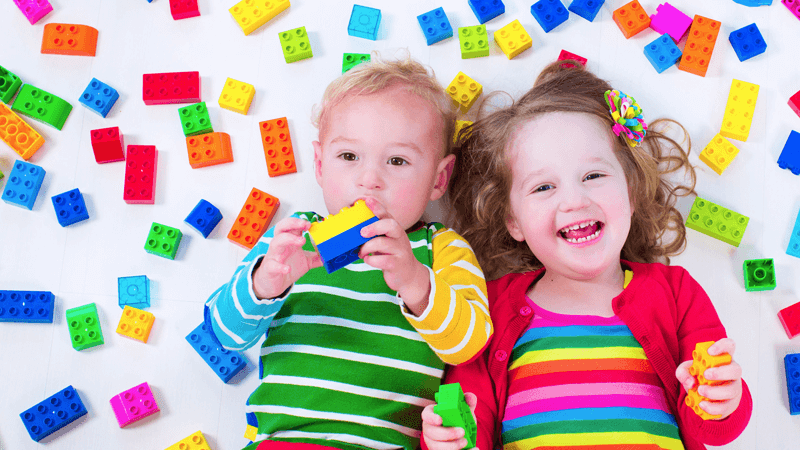A caring society should not foster gender confusion

The number of Scottish children being referred for specialist help for gender confusion is up almost 500 per cent in the past few years. Apparently this is to be celebrated — at least if you’re one of the army of outspoken trans activists promoting a radical gender ideology.
“See, we told you,” they say. “We need to spend more money on more clinics to free more children from being trapped in the wrong body.”
At what stage does somebody point out that if you repeatedly tell impressionable young people confusing things about their gender identity they end up, well, confused?
The activists aren’t on their own in this of course — sections of the media are there to help. The huge volume of positive coverage for the transgender phenomenon has turned it into a cause célèbre rather than a cause for compassionate concern. Have you seen the coverage of those like Walt Heyer who have re-embraced their true biological sex? Thought not.
Remember the “waif” models of the 1990s? Their media profile is cited as a major factor in the prevalence of eating disorders at the time. The supposed ideal of girls being thin was not new, neither was the existence of girls so desperately consumed with the false idea that they were “fat” that they stopped eating all together. But when this body shape became the media and fashion industry ideal, it normalised what had been recognised as unhealthy.
Thankfully, this changed. Society recognised the damage it was doing to a generation. Media groups and fashion houses were rightly called to account for their waifs and their size-zero promotions.
When a young person is labouring under the misapprehension that they are overweight we do not tell them to embrace that lie. We do not encourage their family, their friends, their teachers to affirm that they are overweight. We do not tell doctors that they should ignore what their eyes and years of training tell them about biological reality for fear of offence. As members of a compassionate and caring society, we present them with the truth.
We do not abandon them to their confusion, still less push them towards it. Rather, we draw them gently in the opposite direction, even at the expense of some short-term hurt. Can a caring and compassionate society not do the same for those confused about their gender?
This article first appeared in The Times on Friday 28 July
